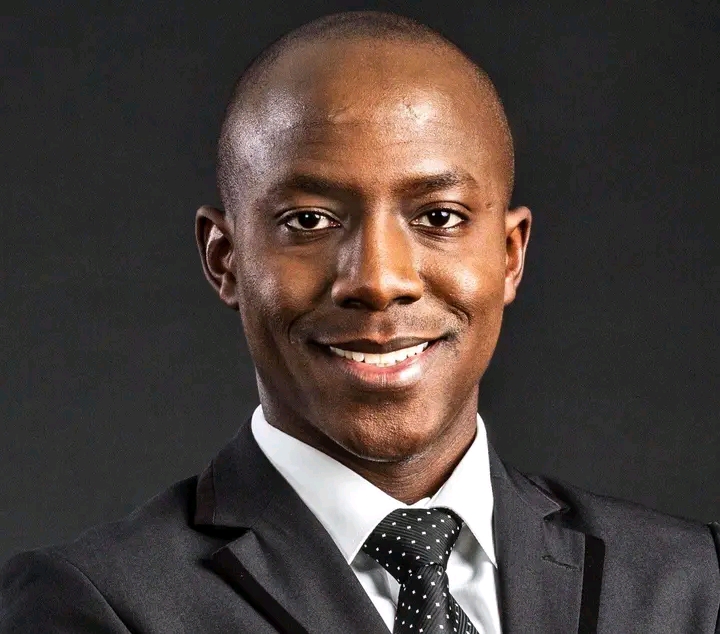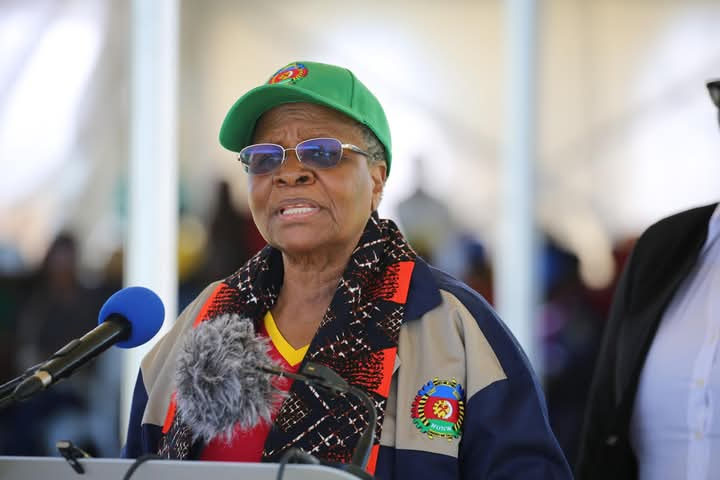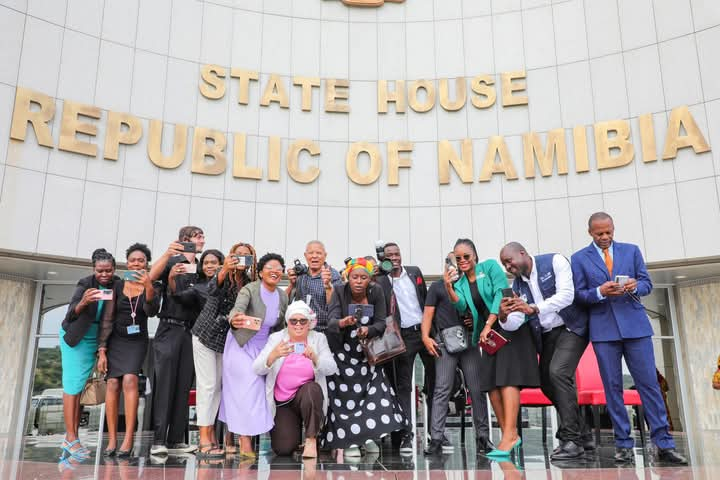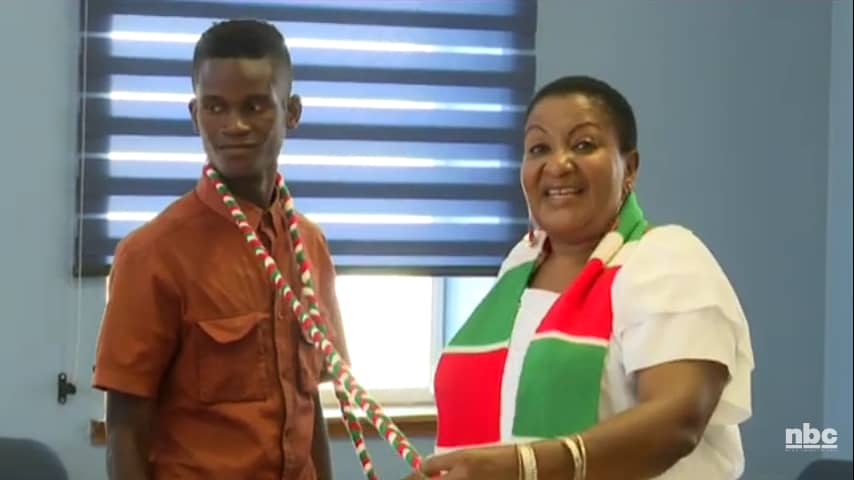KINSHASA – Up to 10 000 government troops have flown to eastern Congo in the past week, raising fears of fresh fighting as Kinshasa struggles to stamp its authority on the lawless border region, diplomats and military sources say.
“There are no doubts that troops are moving out east,” one Western diplomat in the capital Kinshasa said. “It is to be taken seriously and it is very much a cause for concern.”The vast African country is trying to emerge from a five year war that, at its height, involved six neighbouring nations and killed three million people, mostly from hunger and disease.The troop movements near the Ugandan and Rwandan borders follow an apparent coup attempt in Kinshasa a week ago and a week-long insurgency in the strategic eastern town of Bukavu earlier this month that plunged the country back into violence.United Nations military sources called the military deployment “unprecedented”.Fighters loyal to rebel leader Laurent Nkunda seized Bukavu in early June in fighting that shook a fragile peace process and underscored the vulnerability of a transition government tasked with organising elections in a year’s time.Nkunda later withdrew from the lakeside town and has backed down on threats to retake it, but said on Friday he believed the government still wanted a fight.”I regret that the army seems to be preparing for a military operation.It seems that the government doesn’t want dialogue,” he told Reuters by telephone.A Congolese army spokesman said the army was simply “doing its job” but declined to give any details on troop movements.”After the problems we have had, the president called for a general mobilisation.This is what we are doing,” Colonel Leon Kasonga said.President Joseph Kabila’s power-sharing government, which includes former rebel factions and members of the opposition, remains deeply divided and has been unable to integrate former foes into a cohesive national army.Several former rebel leaders, including Nkunda, have refused to swear allegiance to Kinshasa.One analyst in Kinshasa said the government appeared to be preparing to stamp its authority on parts of the country still not fully under its control, including the border with Rwanda.Rwanda has twice invaded Congo, in 1996 and 1998, to hunt down Hutu extremists it says pose a threat to its borders, and diplomats say some in Kinshasa fear another Rwandan attack.”This is a volatile mix right now as, even if these are just defensive preparations, there may be a miscalculation that could spark it all off again,” the analyst said.The fighting and fears of more violence have sent 25 000 refugees streaming across the border into Burundi.Another 5 000 are camped in Rwanda and thousands more internally displaced.Ex-rebel group RCD-Goma, formerly backed by Rwanda, said it was concerned that the troops heading to the east were fighters who had not yet been integrated.”These soldiers are not unified.For us this is worrying and it is regrettable.The army has to be all over the country but we need to accelerate the process of integrating and training it,” RCD-Goma spokesman Crispin Kabasele Tshimanga said.- Nampa-Reuters”It is to be taken seriously and it is very much a cause for concern.”The vast African country is trying to emerge from a five year war that, at its height, involved six neighbouring nations and killed three million people, mostly from hunger and disease.The troop movements near the Ugandan and Rwandan borders follow an apparent coup attempt in Kinshasa a week ago and a week-long insurgency in the strategic eastern town of Bukavu earlier this month that plunged the country back into violence.United Nations military sources called the military deployment “unprecedented”.Fighters loyal to rebel leader Laurent Nkunda seized Bukavu in early June in fighting that shook a fragile peace process and underscored the vulnerability of a transition government tasked with organising elections in a year’s time.Nkunda later withdrew from the lakeside town and has backed down on threats to retake it, but said on Friday he believed the government still wanted a fight.”I regret that the army seems to be preparing for a military operation.It seems that the government doesn’t want dialogue,” he told Reuters by telephone.A Congolese army spokesman said the army was simply “doing its job” but declined to give any details on troop movements.”After the problems we have had, the president called for a general mobilisation.This is what we are doing,” Colonel Leon Kasonga said.President Joseph Kabila’s power-sharing government, which includes former rebel factions and members of the opposition, remains deeply divided and has been unable to integrate former foes into a cohesive national army.Several former rebel leaders, including Nkunda, have refused to swear allegiance to Kinshasa.One analyst in Kinshasa said the government appeared to be preparing to stamp its authority on parts of the country still not fully under its control, including the border with Rwanda.Rwanda has twice invaded Congo, in 1996 and 1998, to hunt down Hutu extremists it says pose a threat to its borders, and diplomats say some in Kinshasa fear another Rwandan attack.”This is a volatile mix right now as, even if these are just defensive preparations, there may be a miscalculation that could spark it all off again,” the analyst said.The fighting and fears of more violence have sent 25 000 refugees streaming across the border into Burundi.Another 5 000 are camped in Rwanda and thousands more internally displaced.Ex-rebel group RCD-Goma, formerly backed by Rwanda, said it was concerned that the troops heading to the east were fighters who had not yet been integrated.”These soldiers are not unified.For us this is worrying and it is regrettable.The army has to be all over the country but we need to accelerate the process of integrating and training it,” RCD-Goma spokesman Crispin Kabasele Tshimanga said.- Nampa-Reuters
Stay informed with The Namibian – your source for credible journalism. Get in-depth reporting and opinions for
only N$85 a month. Invest in journalism, invest in democracy –
Subscribe Now!










